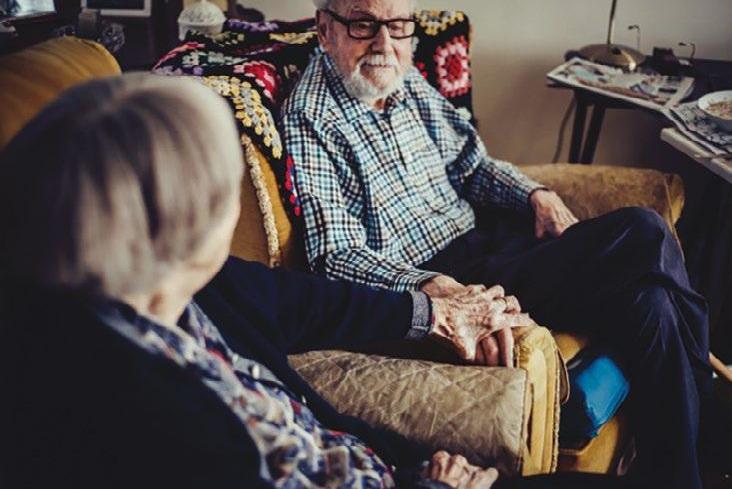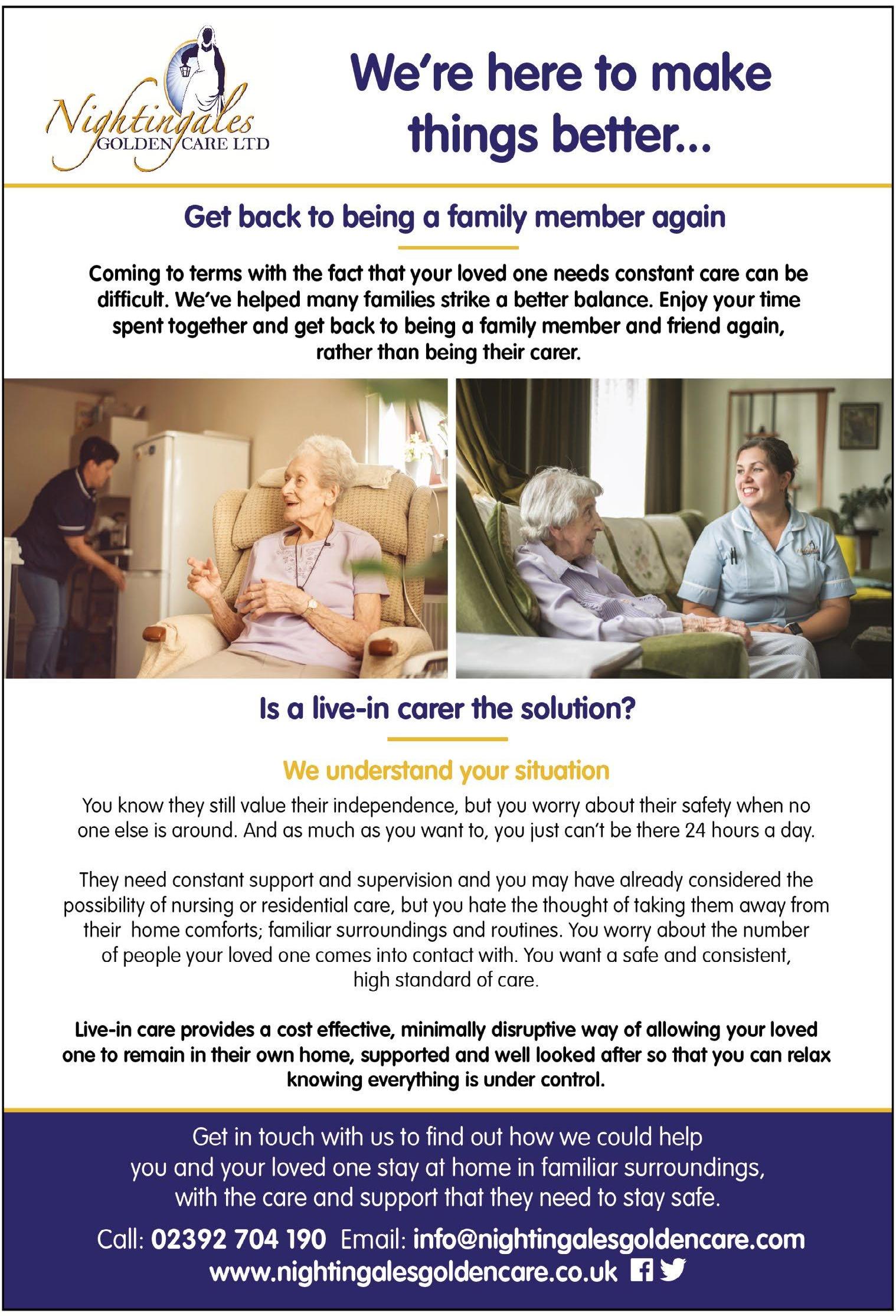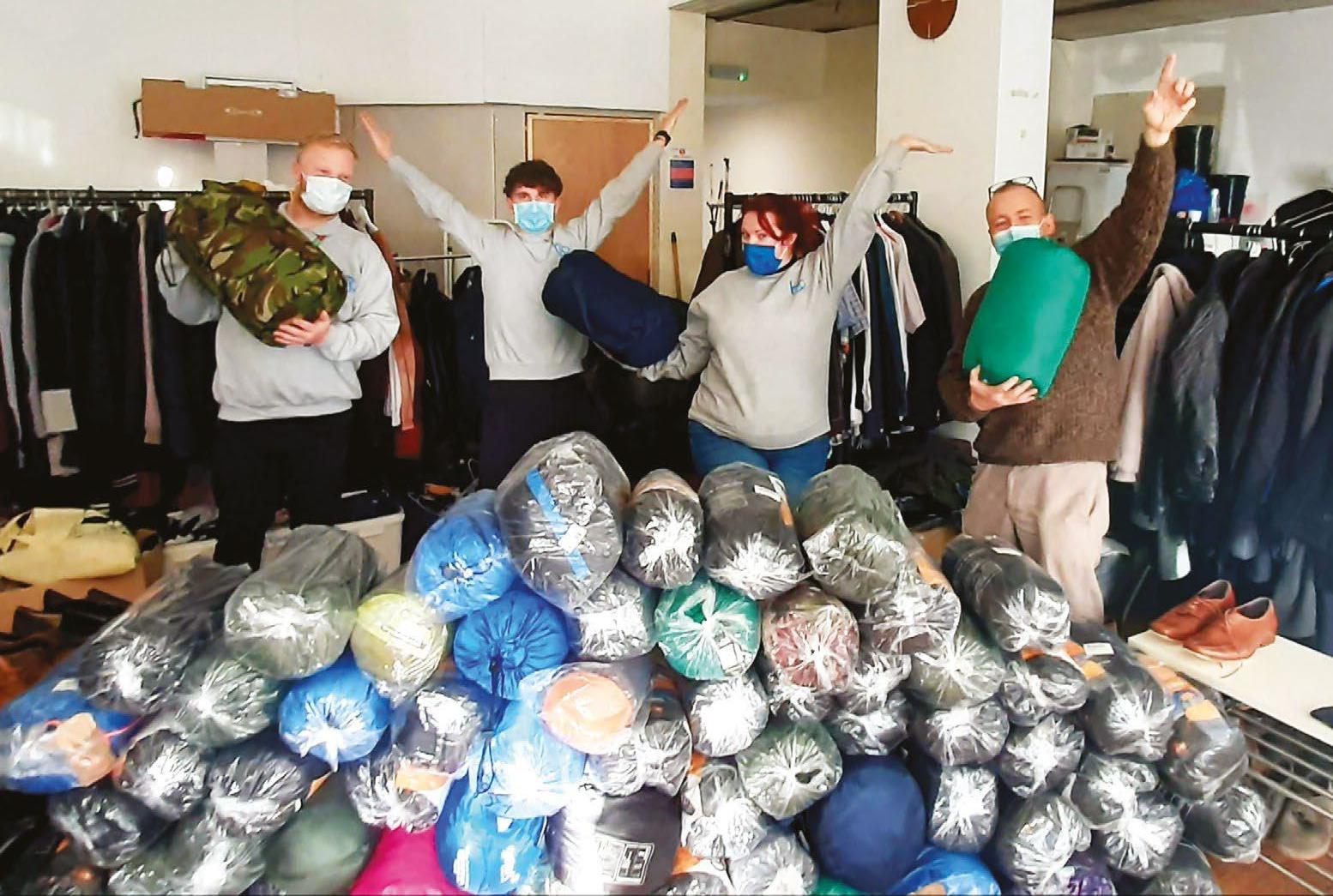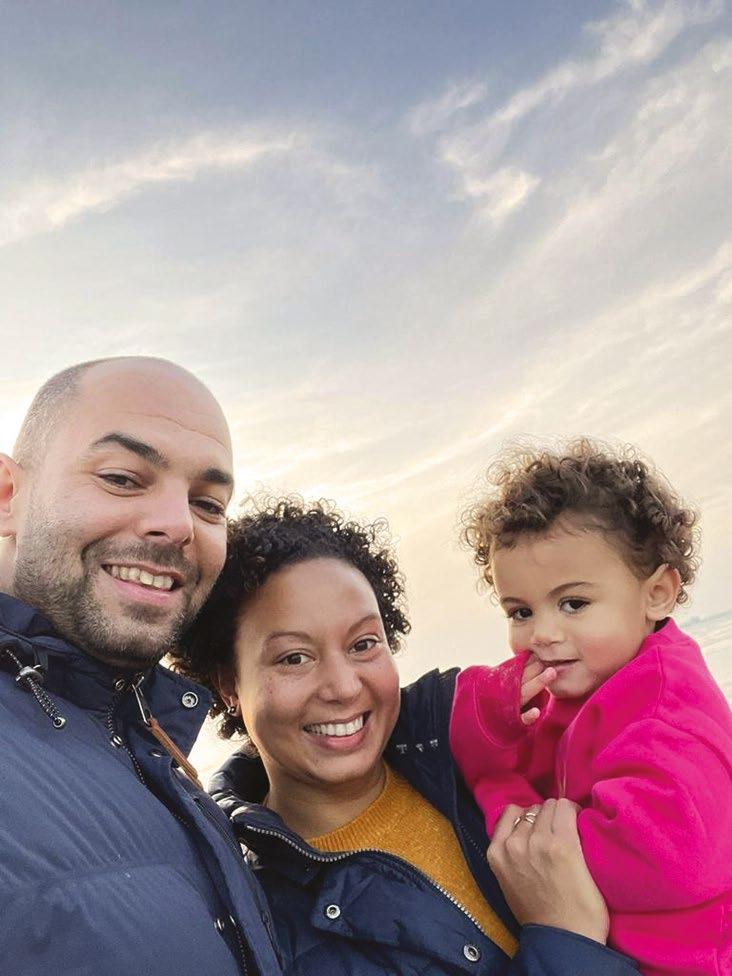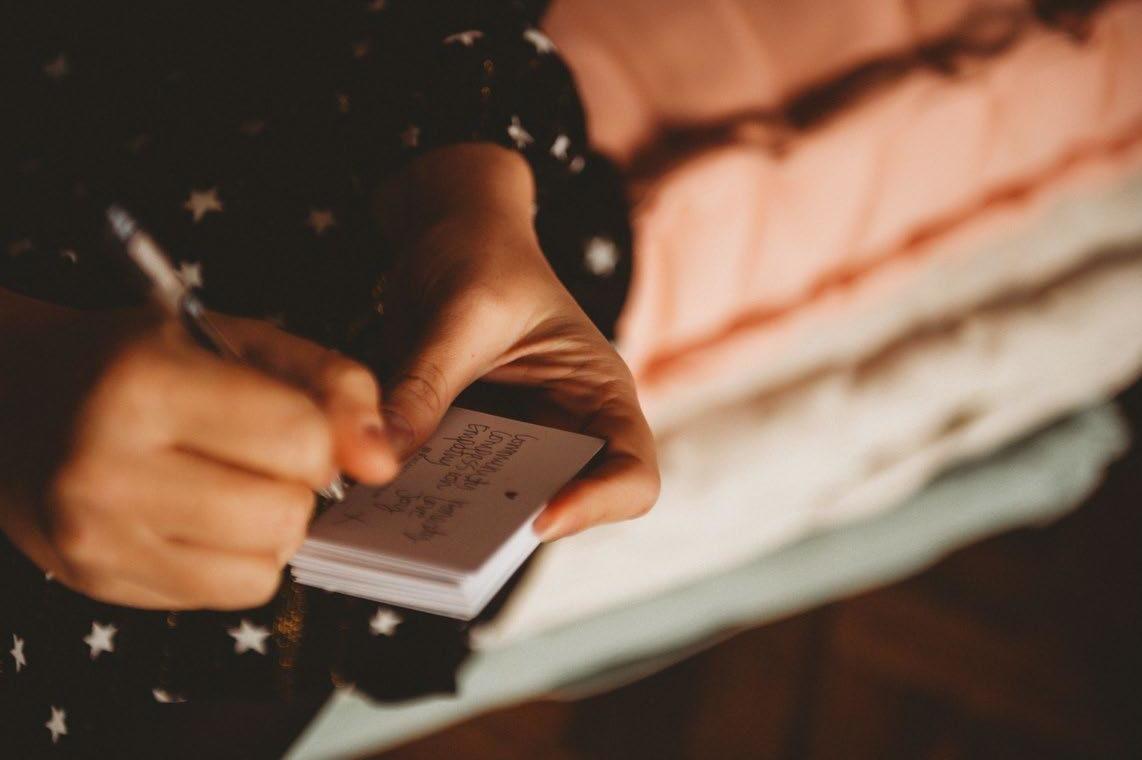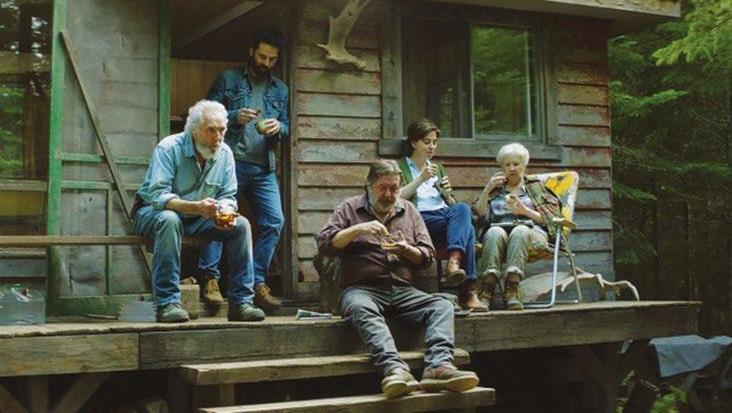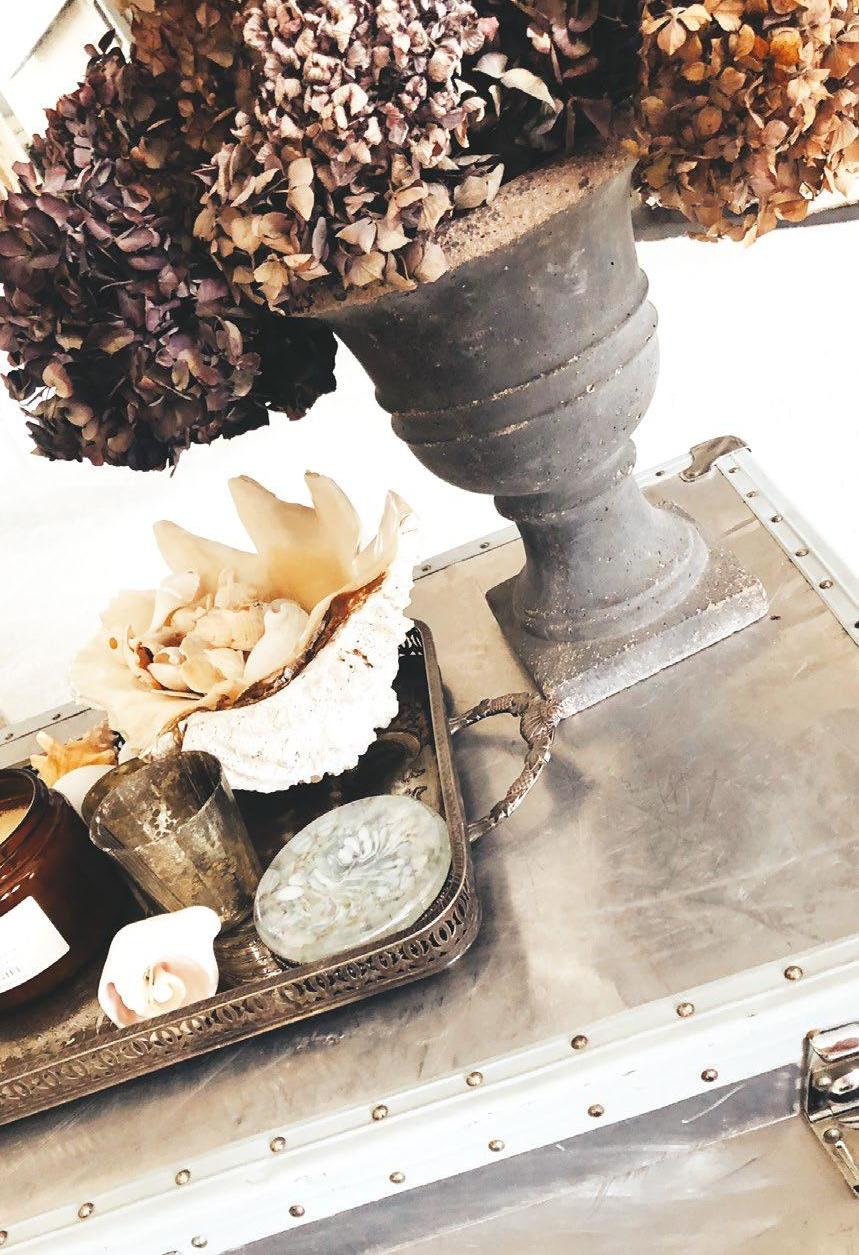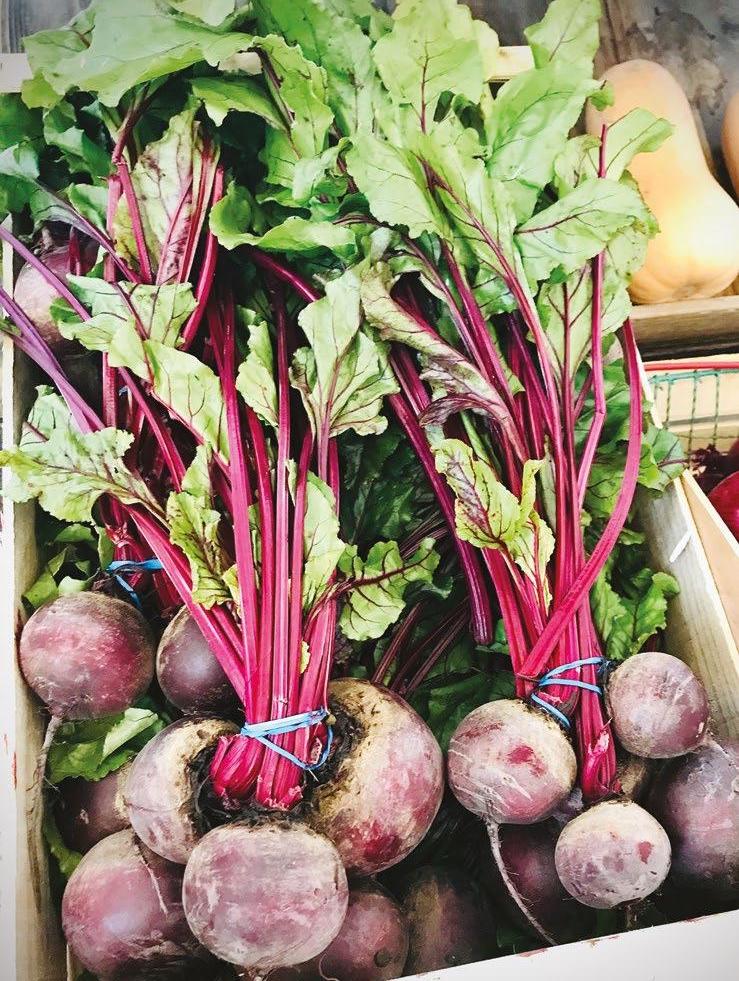
5 minute read
YOUTUBE IN COVIDIAN TIMES
How I lost my senses and found JunsKitchen by Emma Beatty
It’s a month since I had COVID-19 (only a mild dose contracted from my schoolgoing son). I still only have about 10% of my smell*, which affects my taste hugely. My tastebuds still work but only detect crude salt/sweet/sour; all the complex fragrant elements are lost. Chocolate is like sweet wax, strawberries like little hard lumps of turnip. At the risk of sounding preachy, after a few weeks of feeling very sorry for myself, I’ve had a kind of revelation – I can very clearly remember smells and tastes. I can sit and fondly imagine the aromas of grass, lemons, cinnamon, fresh salty sea air. It’s like a superpower I didn’t know I had. It reminds me of a quote from Proust that I probably don’t remember correctly but something to do with the most intense adventures he had as a child were in his imagination — reading storybooks. I sniff a real lemon and… zilch. But, switch on my memory banks and I can drift away to a holiday in Crete when we landed at a small cove after a boat trip – the smell of the pines, the lemon trees and wild thyme so earthy and gutsy. And this led me on a new YouTube adventure –watching cooking shows and perfume reviews. I’d normally feel slobbish watching videos all day, but with no smell or taste and locked in the house for 22 days without leave, it proved a magical mystery tour for my non-functioning senses. Maybe it will even help re-animate them… I’ve watched many hours of YouTube recently letting the algorithm bots lead me where they will. My three top recommendations for flagging senses include: JunsKitchen. He’s a Japanese cooking YouTube star who makes sushi for his five cats. His kitchen is a miracle of minimal cleanliness and he has these amazing Japanese knives and can carve an apple into a swan in seconds – it’s remarkably soothing for the senses. YouTube’s suggestions then led me to Nino’s Home. Nino is a Vietnamese YouTube cooking star who also cooks with his cat companion. He makes things like Japanese soufflé cheesecake, he never speaks and wears a cardboard teddy bear mask. It sounds odd, and is, but Nino's every move is so controlled and precise and all his cooking utensils are kawaii cute, it’s addictive viewing. Then, there’s Grandpa Kitchen, an amazing man from Telangana, India, who cooked giant curries and piles of rice for local orphans. His cooking pots are so huge he has to cook outside on an open fire. And finally, there’s Mrnigelng, Mr Nigel, a Malaysian comedian who makes fun of western cooking videos. “Uncle Roger DISGUSTED by this Egg Fried Rice Video (BBC Food)” has had 20 million views. Much more anarchic and original than most TV comedy these days. So – if you’re stuck inside and fed up watching mainstream channels – try YouTube food videos, it’s amazing where you can end up.
Advertisement
*by the way, my smell is slowly returning and for most people, it comes back in a few months.
Nurse Sally Ridley, lead nurse from Nightingales Golden Care discusses the increased uptake in live-in care.
Live-in care allows a person or couple to remain in their own home, whilst receiving support from an individual who has been carefully selected to live with them and to promote their independence as well as meet their care needs.
Nightingales have been providing domicillary care to people in the Portsmouth area for almost 20 years. This year we are seeing an increase in the uptake of live-in care packages. Sally began her nurse training in 1976, she has worked in hospitals, the community, and specialist nursing homes. “I can honestly say that in my experience, when it comes to care, there is no place like home. “Typically, the default option for care is residential, so when mum or dad start to struggle, relatives often think that there is no option but to put them in a home. Or perhaps a family member is caring for another, and the increasing demands are causing them to become unwell. ‘Things will often reach a tipping point, where it feels as though there is no alternative. Relatives are stretched to their limits, the situation becomes increasingly unpredictable, and it can feel unsafe. However research has shown that 97% of people do not want to move into institutional care if they become unwell or less able to cope. “And leaving their home, their pets, their furniture, and familiar surroundings can add another layer of confusion and create a kind of bereavement situation, which can make things even worse.
“Where couples have been together a long time, there is also the added responsibility of deciding whether it is better to separate them, or to find a facility that will accept them both, even if one partner is not ready to require that level of care. This can mean sacrificing independence and choice, not to mention the financial implications. “Often, people haven’t even considered live-in care as a viable option because they have assumed it will be too expensive. However, for most cases, the price of live-in care is the same, if not less than a nursing home. In addition, livein care, is tailored to your lifestyle with a oneto-one ratio and offers far greater value. And if the care is for spouses, the cost offers even better value as one carer can be employed for two individuals at the same cost.
“I don’t think enough people realise that there is a real alternative to a residential care, and I believe that if more people understood that then they would be able to make a real choice“.
